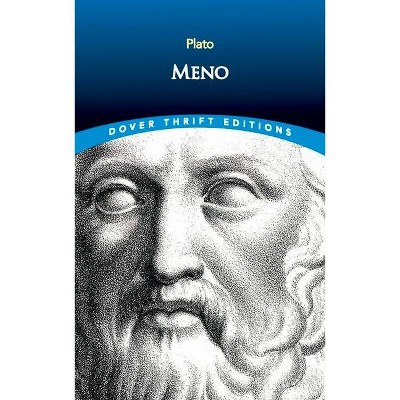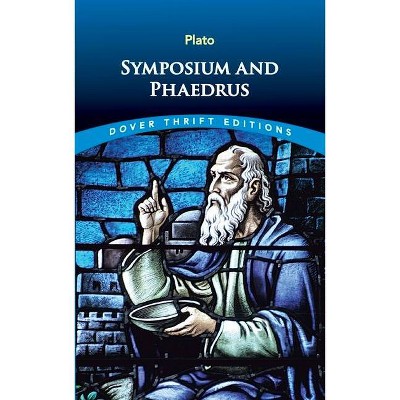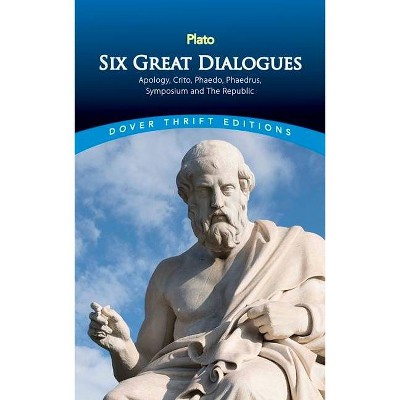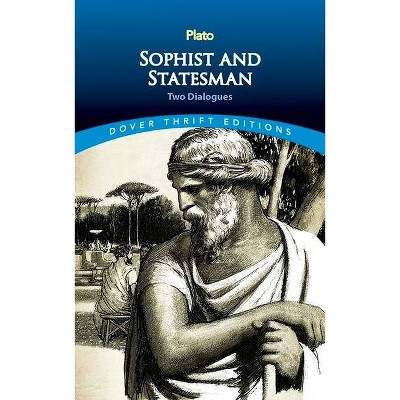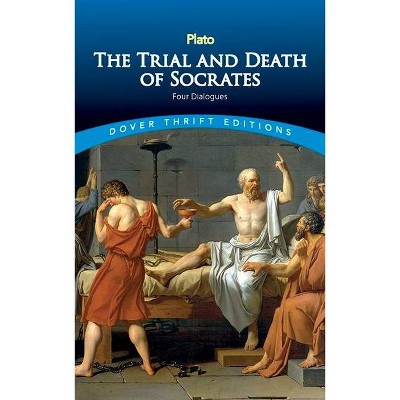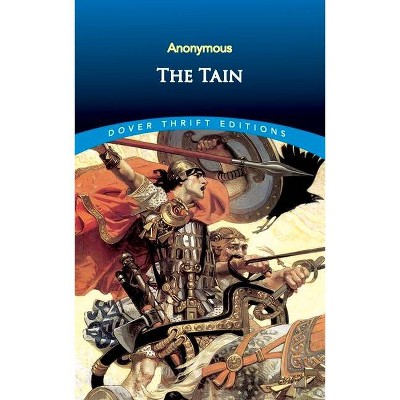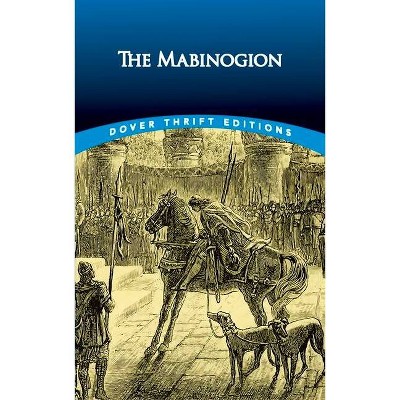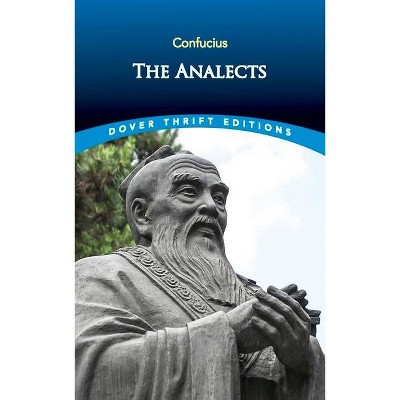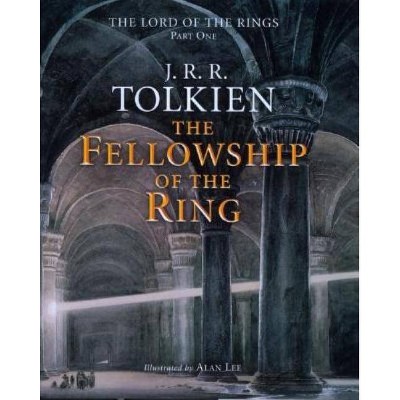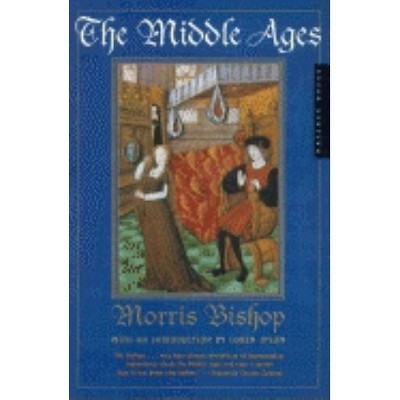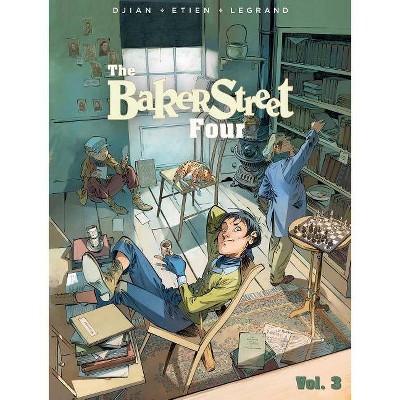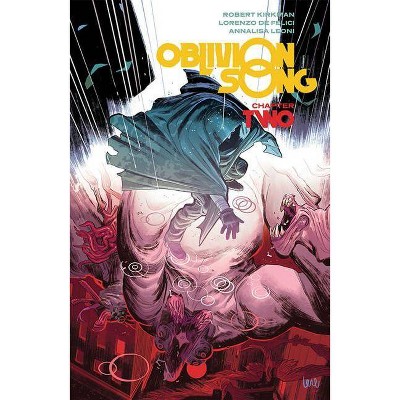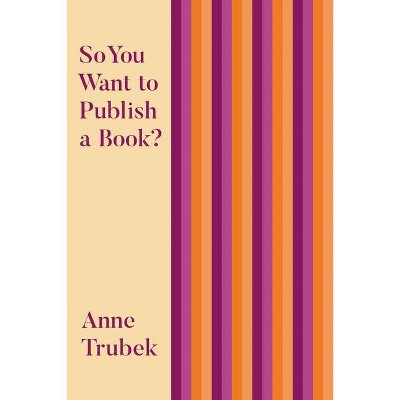The Republic - (Dover Thrift Editions) by Plato (Paperback)
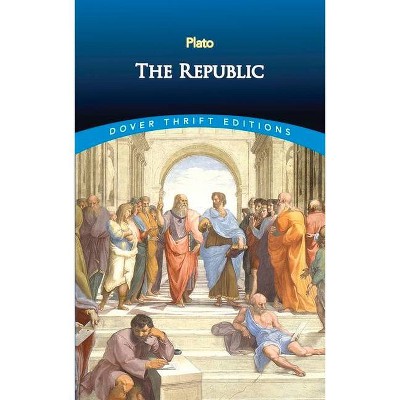
Similar Products
Products of same category from the store
AllProduct info
<p/><br></br><p><b> About the Book </b></p></br></br>Influential philosophical treatise of 4th century BC chiefly concerns the idea of justice, plus Platonic theories of ideas, criticism of poetry, philosopher's role. Source of the cave myth. Jowett translation.<p/><br></br><p><b> Book Synopsis </b></p></br></br><p>Often ranked as the greatest of Plato's many remarkable writings, this celebrated philosophical work of the fourth century B.C. contemplates the elements of an ideal state, serving as the forerunner for such other classics of political thought as Cicero's <i>De Republica</i>, St. Augustine's <i>City of God</i>, and Thomas More's <i>Utopia</i>.<br>Written in the form of a dialog in which Socrates questions his students and fellow citizens, <i>The Republic</i> concerns itself chiefly with the question, "What is justice?" as well as Plato's theory of ideas and his conception of the philosopher's role in society. To explore the latter, he invents the allegory of the cave to illustrate his notion that ordinary men are like prisoners in a cave, observing only the shadows of things, while philosophers are those who venture outside the cave and see things as they really are, and whose task it is to return to the cave and tell the truth about what they have seen. This dynamic metaphor expresses at once the eternal conflict between the world of the senses (the cave) and the world of ideas (the world outside the cave), and the philosopher's role as mediator between the two.<br>High school and college students, as well as lovers of classical literature and philosophy, will welcome this handsome and inexpensive edition of an immortal work. It appears here in the fine translation by the English classicist Benjamin Jowett.</p><p/><br></br><p><b> From the Back Cover </b></p></br></br><p>This celebrated philosophical work of the fourth century B.C. contemplates the elements of an ideal state, serving as the forerunner for such other classics of political thought as Cicero's <i>De Republica</i>, St. Augustine's <i>City of God</i>, and Thomas More's <i>Utopia</i>.<br>Written in the form of a dialog in which Socrates questions his students and fellow citizens, <i>The Republic</i> concerns itself chiefly with the question, "What is justice?" as well as Plato's theory of ideas and his conception of the philosopher's role in society. To explore the latter, he invents the allegory of the cave to illustrate his notion that ordinary men are like prisoners in a cave, observing only the shadows of things, while philosophers are those who venture outside the cave and see things as they really are, and whose task it is to return to the cave and tell the truth about what they have seen. This dynamic metaphor expresses at once the eternal conflict between the world of the senses (the cave) and the world of ideas (the world outside the cave), and the philosopher's role as mediator between the two.</p><p/><br></br><p><b> About the Author </b></p></br></br><p>Plato ranks among the most familiar ancient philosophers, along with his teacher, Socrates, and his student, Aristotle. In addition to writing philosophical dialogues -- used to teach logic, ethics, rhetoric, religion, and mathematics as well as philosophy -- he founded Athens' Academy, the Western world's first institution of higher learning.
Price History
Cheapest price in the interval: 5.99 on October 22, 2021
Most expensive price in the interval: 5.99 on December 20, 2021
Price Archive shows prices from various stores, lets you see history and find the cheapest. There is no actual sale on the website. For all support, inquiry and suggestion messagescommunication@pricearchive.us

